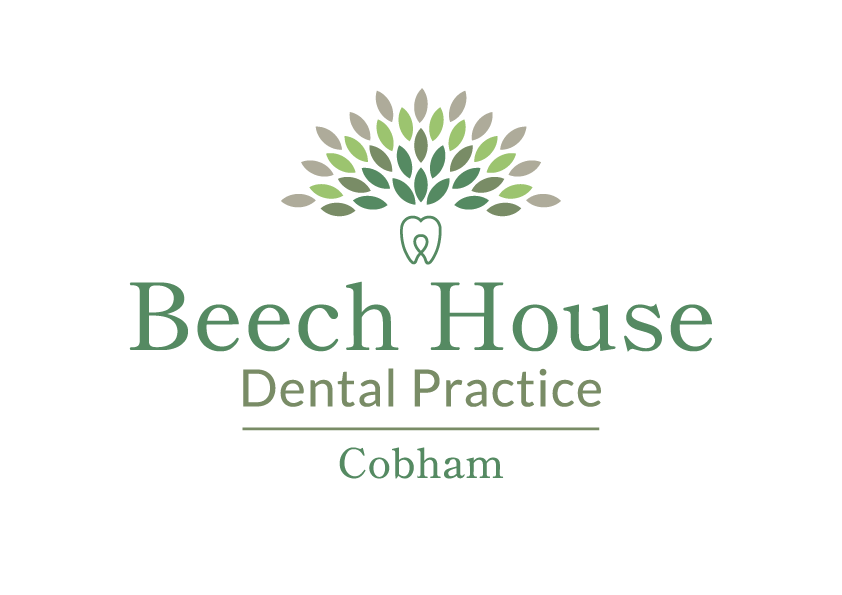The 5 Worst Foods for Children's Teeth in the UK: What Parents Need to Know
Maintaining our children's oral health is a top priority for parents. While it's essential to establish a good dental hygiene routine and visit the dentist regularly, paying attention to our children's diet is also crucial. Certain foods can harm our kids' teeth, increasing the risk of cavities and other dental issues. This blog will explore the five worst foods for children's teeth in the UK and suggest healthier alternatives.
1. Sugary Drinks
Sugary drinks, such as fruit juices, sodas, and sports drinks, are among the leading culprits for tooth decay in children. The high sugar content in these beverages provides an ideal environment for cavity-causing bacteria to thrive, leading to tooth decay and enamel erosion.
Healthier Alternative: Encourage your child to drink water or milk instead. Water helps to wash away food particles and neutralise harmful acids, while milk contains calcium and other nutrients that promote strong teeth.
2. Sticky Sweets
Sticky sweets, like toffees, gummy candies, and chewy fruit snacks, can cling to your child's teeth and remain there for an extended period. This prolonged exposure to sugar increases the risk of cavities, as the bacteria in the mouth have more time to convert the sugar into harmful acids.
Healthier Alternative: Opt for fresh fruits or yoghurt as a sweet treat. Fruits contain natural sugars and provide essential vitamins and minerals, while yoghurt is a good source of calcium, vital for healthy teeth.
3. Starchy Snacks
Starchy snacks like crisps, crackers, and biscuits can harm your child's teeth. The starch in these foods is broken down into sugar by the bacteria in the mouth, which can then lead to tooth decay. Moreover, starchy snacks often have a sticky texture, making it difficult for saliva to wash away the food particles.
Healthier Alternative: Choose whole-grain snacks, like whole-grain crackers or rice cakes, which are less likely to stick to your child's teeth. Alternatively, as a crunchy and nutritious snack, offer raw vegetables, such as carrot sticks or cucumber slices.
4. Dried Fruits
While dried fruits may seem healthy, they can damage your child's teeth due to their high sugar content and sticky texture. Dried fruits like raisins, apricots, and dates can quickly become lodged between teeth, providing a breeding ground for cavity-causing bacteria.
Healthier Alternative: Offer fresh fruits instead, which provide the same nutritional benefits without the sticky texture. If you give your child dried fruits, ensure they brush their teeth soon after consuming them to minimise the risk of cavities.
5. Acidic Foods and Drinks
Acidic foods and drinks, such as citrus fruits, vinegar-based dressings, and carbonated beverages, can weaken tooth enamel, making it more susceptible to decay. Over time, this can lead to sensitive teeth and an increased risk of cavities.
Healthier Alternative: Limit your child's consumption of acidic foods and drinks, and encourage them to rinse their mouth with water after eating or drinking something sour. This will help to neutralise the acids and protect their tooth enamel.
Tips for Protecting Your Child's Teeth from Harmful Foods
While it's important to be mindful of the foods your child consumes, it's also essential to teach them good oral hygiene habits that can help mitigate the effects of these harmful foods. Here are some tips to protect your child's teeth:
1. Encourage regular tooth brushing: Ensure your child brushes their teeth at least twice daily, using fluoride toothpaste and a soft-bristled, age-appropriate toothbrush. This will help remove food particles and plaque build-up, reducing the risk of tooth decay.
1. Teach proper brushing techniques: Show your child how to brush their teeth correctly, using gentle circular motions and ensuring they reach all areas of their mouth, including the gum line and the surfaces of their back teeth.
2. Introduce flossing: Teach your child to floss daily to remove plaque and food particles from between their teeth, where a toothbrush might not reach. Start by demonstrating the proper technique and then supervise your child until they are comfortable flossing independently.
3. Limit between-meal snacking: Frequent snacking can increase the risk of cavities, allowing bacteria in the mouth to produce more acid. Please encourage your child to eat regular meals and keep snacking to a minimum, opting for healthier options when they make snacks.
4. Schedule regular dental check-ups: Regular dental check-ups are crucial for maintaining your child's oral health. By visiting the dentist every six months, you can identify and address potential issues early, preventing more severe dental problems.
5. Create a positive dental environment: Encourage your child to view dental care as an essential and enjoyable part of their daily routine. Praise them for maintaining good oral hygiene habits, and consider using rewards or incentives to motivate them further.
6. Be a role model: Children are more likely to adopt good dental habits if they see their parents practising them too. Make sure you brush and floss regularly, maintain a healthy diet, and visit the dentist for check-ups to set a positive example for your child.
By being mindful of the foods your child consumes and establishing good oral hygiene habits, you can help protect their teeth from the harmful effects of these cavity-causing foods. Remember, prevention is always better than cure for dental health, so start early and instil healthy habits in your child that will last a lifetime.
